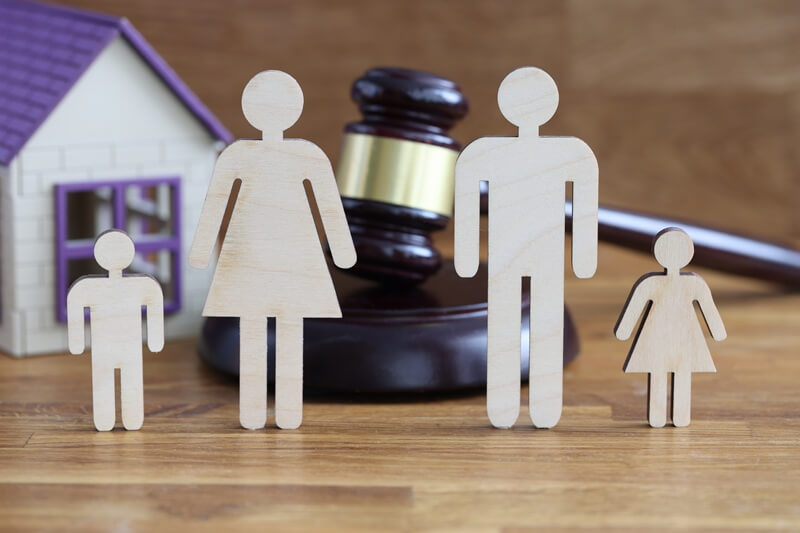What You Need To Know About Embezzlement Charges In Virginia
What You Need To Know About Embezzlement Charges In Virginia
If you are facing embezzlement charges in Virginia, you need a team of experienced embezzlement lawyers who will stand by your side and help you navigate the complex pathways of the criminal justice system.
Whether they are working to defend you from false accusations or helping to explain your particular set of extenuating circumstances, a theft lawyer is an ally and an advocate both in and out of the courtroom.
Read on to learn about the meaning of embezzlement in Virginia law, potential punishments for embezzlement, and how an embezzlement lawyer can help.
[submitcase]
Defining Embezzlement
When you find yourself charged with embezzlement, the language and terminology of the law can be difficult to parse without the help of an embezzlement defense team.
Embezzlement is a type of larceny, or property theft, wherein the defendant is entrusted with the custody or management of property belonging to another due to the defendant’s employment, office, or other position of trust.
The defendant then proceeds to use, convert, conceal, or dispose of any or all of the funds or property so entrusted in a wrongful and fraudulent manner, with the intent of permanently depriving the rightful owner of the use of that money or property.
More simply, say you have legal access to money or property belonging to someone else by virtue of your job or other position. You are committing embezzlement if you take advantage of that access to:
- use any of the money or property for your own gain or for other unauthorized purposes, or
- deprive the rightful owner of their money or property.
Consequences Of Embezzlement
It’s important to understand exactly what embezzlement charges in Virginia mean, and what you can expect from the courts for embezzlement punishment.
In Virginia, the punishment depends on the value of the thing embezzled. Embezzlement of something worth more than $200 is punishable as felony grand larceny, meaning up to 20 years in prison. Embezzlement of something under $200 is punishable as misdemeanor petit larceny, which carries up to 12 months in jail.
Given the severity of embezzlement penalties, it’s important to secure experienced legal counsel when facing embezzlement charges in Virginia.
How Embezzlement Lawyers Can Help
A good criminal defense lawyer can evaluate the strength of the state’s case against you, and can tell you how local judges and prosecutors tend to approach cases like yours.
Experienced lawyers can explain to you any options available to you that may help you to avoid or reduce the criminal punishment you may face when charged with embezzlement.
Your legal team can also help your family cope with the stress and difficulty of facing embezzlement charges in Virginia, by making sure they understand what is happening with your case.
In the event that you are not convicted of embezzlement charges in Virginia, records of those criminal charges still appear during any routine background check.
An experienced legal team can help you handle the expungement of criminal records, so that an unfortunate incident in your past will not continue to haunt you in the future.
Contact The Irving Law Firm, P.C.
If you have been charged with embezzlement, get help immediately. Call The Irving Law Firm, P.C. today at (703) 844-4118 or click here to contact us online.




